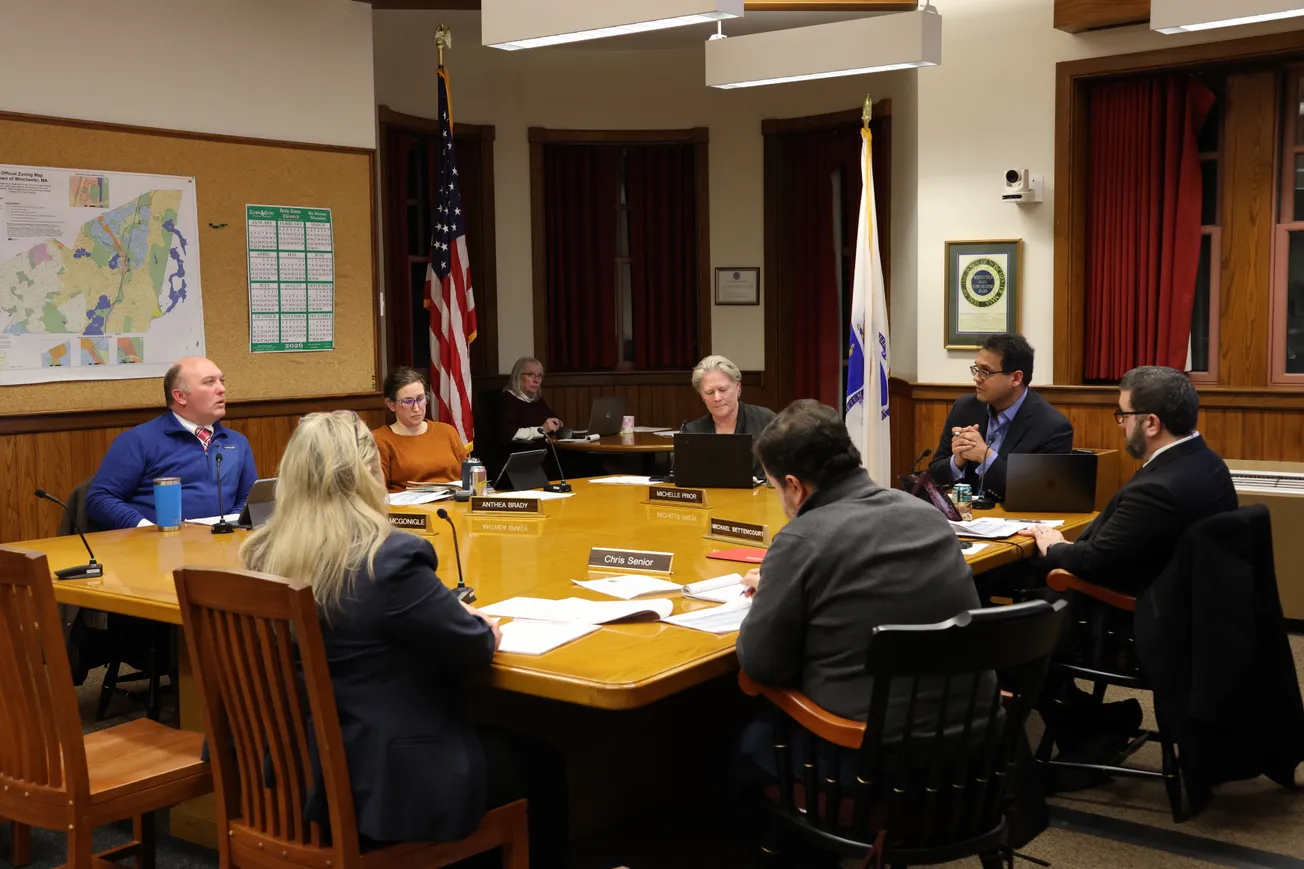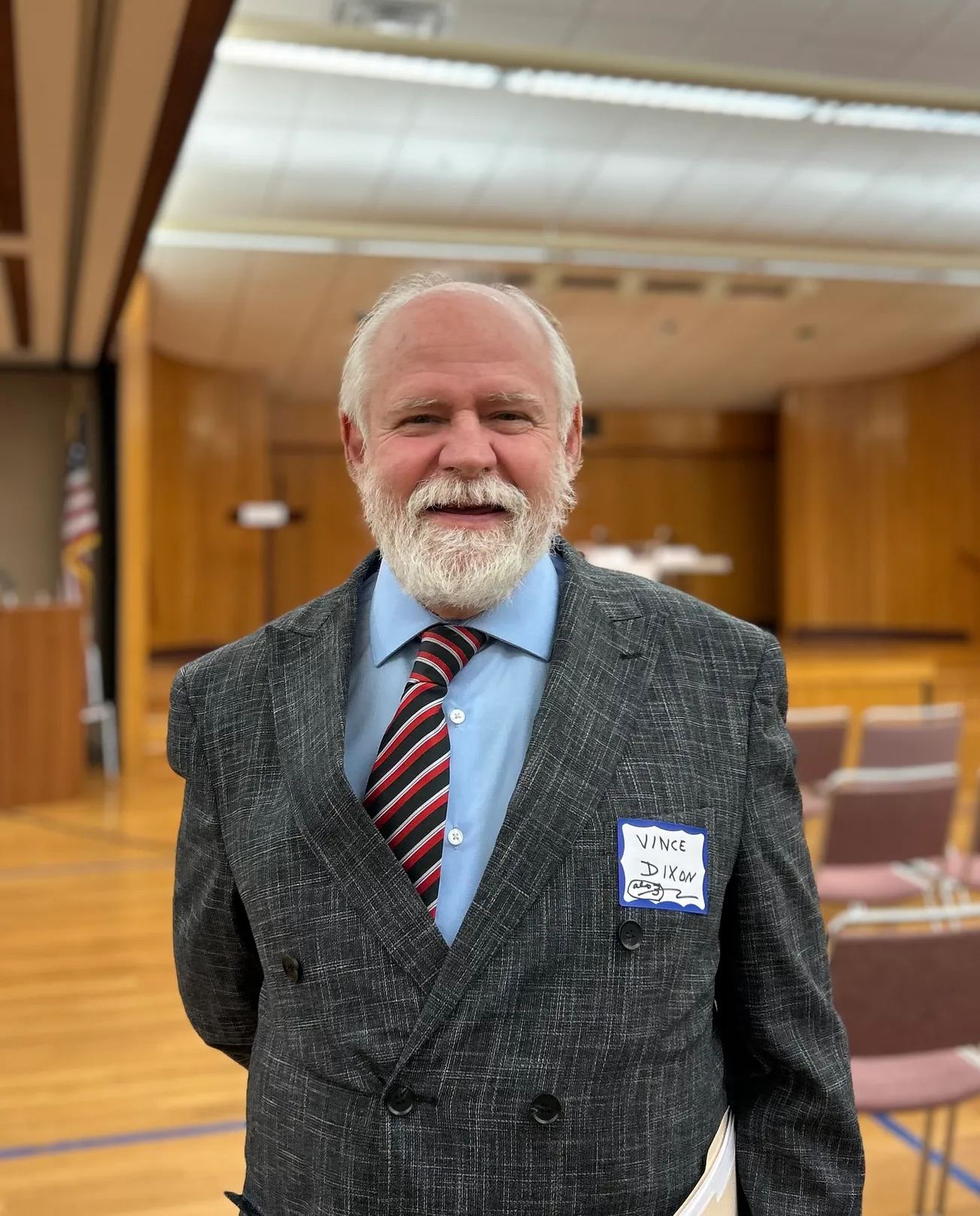Table of Contents
The following opinion column was submitted by Kimberly Higgins:
Everywhere in America, parents send their children off to preschool with a sense of trust. They rely on early childhood educators (ECE) to help their children grow, learn, and prepare for the challenges of the future.
Do they know the ECE workforce in America is in crisis? The challenges facing ECE are numerous, but they can be broken down into three main issues: underfunding, underappreciation, and an unsustainable compensation structure.
Underfunding
One of the primary issues is the underfunding of ECE. Evidence shows the first five years of a child's life are critical to their long-term academic and social success. But public investment in ECE is far behind that of K-12 education. This means the quality of care is often dependent on what families can afford rather than what children need.
Underappreciation
Unlike teachers in K-12 schools, ECE receive little recognition or appreciation from society.
Despite their critical role in child development, the status of ECE remains disturbingly low. I would say, when society fails to recognize the value of ECE, it sends a message that early educators and their work are expendable and this affects morale and retention.
This is one of the many issues that make it difficult for our field to hire and retain qualified staff.
Unsustainable compensation structure
Perhaps the most significant issue in the early childhood workforce is compensation. As of recent data, the median wage for childcare workers in Massachusetts is approximately $16 to $17 per hour. K-12 schools benefit from unions and much higher salaries.
Why are those who work with our youngest left without the same support? Many early childhood educators earn less than those in other fields that require little to no education, such as retail workers or fast-food employees.
This is another reason why our field is crumbling. Classrooms sit empty because we cannot fill them with qualified teachers.
The solution to this crisis, to me, seems clear. We must commit to reforming the early childhood workforce in a way that acknowledges the vital role these educators play in our society.
First and foremost, we need an increase in public investment in ECE. This includes funding for early childhood programs that ensure access to high-quality care for all families, regardless of income. This could take the form of subsidies for parents or investments in childcare infrastructure.
Second, we need to elevate the profession of early childhood education. This means improving the status of early educators through better compensation, professional development, and more opportunities for career advancement.
States and federal agencies should work to develop a system for early childhood educators — one that includes improved wages, affordable higher education options, and ongoing mentorship.
Massachusetts is an example of how this can and is being done: with investments into the schools and creating clear pathways for degrees in our field. Massachusetts will hopefully be a leader for other states.
— Kimberly Higgins is the owner of Preschool Social Academy in Winchester.









